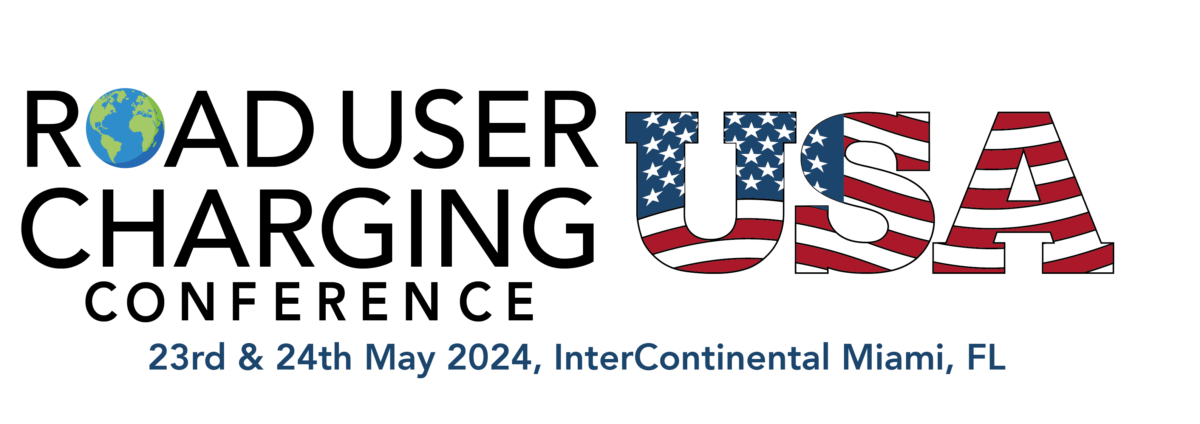Transport infrastructure operators are facing rising demand, constrained financial resources and bottlenecks in supply over the next 20 years, a new report from PricewaterhouseCoopers predicts.
The report is based on a Delphi survey of 104 experts in 29 countries and respondents believe that shortages in transport infrastructure will remain until 2030. This is the second report in “Transport & Logistics 2030” series, and was carried out in cooperation with the Supply Chain Management Institute of the European Business School.
[asset_ref id=”833″] The Humber Bridge
Respondents expect that industrialised countries will lead in transport infrastructure provision, with an average probability of occurrence of 60 per cent. Although emerging markets, such as India and Russia, currently heavily invest in transport infrastructure, they will not be able to close the gap completely by 2030.
The Delphi panel expects strong regulatory measures, such as toll roads or congestion charges, to compensate for the increased level of investment in transport infrastructure.
Klaus-Dieter Ruske, partner and global transport and logistics leader at PricewaterhouseCoopers, said: “Gaps in financing are a paramount concern for all levels of infrastructure, local, national or international. The challenge for both the public as well as the private sector will be to identify ways of cooperation and to create the best win-win situation.
“Demand will be managed through regulatory measures, such as toll roads and congestion pricing, by matching demand and supply at it most efficient point.”
Governments, in industrialised as well as emerging countries, are facing enormous challenges in attributing sufficient capital to transport infrastructure investment. Therefore, respondents think that the financing of maintaining existing infrastructure will be more difficult than attracting investment in new infrastructure.






